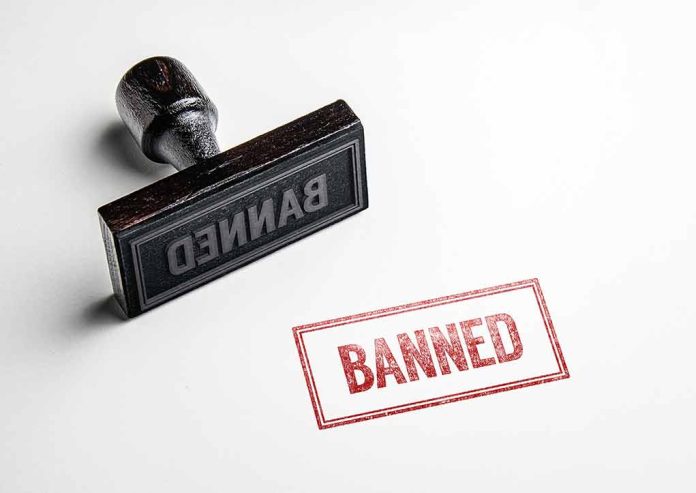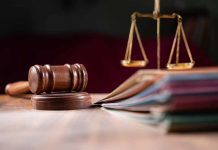
The Historical Context of Book Bans in American Schools
Book banning in American schools has a long and complex history, rooted in societal anxieties and political ideologies. The practice dates back to the early 20th century, with notable cases such as the 1925 Scopes “Monkey” Trial, which highlighted tensions between science and religion in education. Over the decades, the focus of book bans has shifted, reflecting changing social norms and political climates.
In recent years, there has been a significant surge in book banning efforts across the United States. According to the American Library Association, 2022 saw a record-breaking number of attempts to ban books, with a 38% increase from the previous year. These bans often target books addressing race, gender identity, and sexuality, reflecting contemporary political and cultural debates.
The Impact on Authors and Literary Diversity
The ongoing wave of book bans has had a profound impact on authors, particularly those from marginalized communities. As noted by experts, Most banned books are “written by or about members of the LGBTQ+ community and people of color.”
This trend not only affects the livelihoods of these authors but also limits the diversity of perspectives available to students. Renowned authors like Judy Blume and Margaret Atwood have spoken out against these bans, emphasizing the importance of literary freedom and the danger of censorship in education.
First Amendment Rights and Parental Involvement
The debate over book bans often centers on the tension between First Amendment rights and parental control over educational content. While the Supreme Court’s 1982 ruling in Island Trees v. Pico gives broad discretion to school boards in managing school libraries, it also affirms students’ rights to access information.
Parents’ roles in shaping school library content have become increasingly contentious, with some advocating for greater control over curriculum choices and others supporting a more diverse and inclusive educational experience.
Psychological Impact on Students
The psychological effects of book bans on students are significant and multifaceted. Restricting access to diverse literature can limit students’ exposure to different perspectives and experiences, potentially hampering their emotional and intellectual growth.
Educators argue that banning books provides a one-sided, inaccurate view of history and society, disadvantageous to students in their understanding of complex issues.
State-by-State Approaches to Censorship
The approach to book bans and curriculum restrictions varies significantly across different states. At least 17 states have introduced bills to restrict how teachers discuss American history and current events, reflecting a broader trend of politicizing education.
Some states, like Texas, have implemented extensive review and censorship processes, while others have resisted such measures, emphasizing the importance of diverse and inclusive education.
Legal Precedents and Ongoing Challenges
Legal challenges to book bans continue to shape the landscape of educational freedom in America. While the Island Trees v. Pico decision provides some guidance, the interpretation and application of this ruling vary across jurisdictions.
Recent lawsuits have been filed by students, parents, and civil rights organizations against school districts and state governments, challenging the constitutionality of book bans and curriculum restrictions. These legal battles highlight the ongoing struggle to balance educational freedom with community standards and parental rights.
In conclusion, the issue of book bans in American schools remains a complex and contentious topic, reflecting broader societal debates about education, diversity, and freedom of expression. As the dialogue continues, finding a balance between educational freedom and addressing community concerns will be crucial for the future of American education.
Sources
- Book Banning, Curriculum Restrictions, and the Politicization of U.S. Schools
- What You Need to Know About the Book Bans Sweeping the U.S..
- New First Book Study Tackles National Issue of Banned Books
- The Freedom to Read and Learn: Educators Respond to Book Bans
- The Perks of Being a Public-School Student: The Growing Threat of
- Censorship in American Schools









